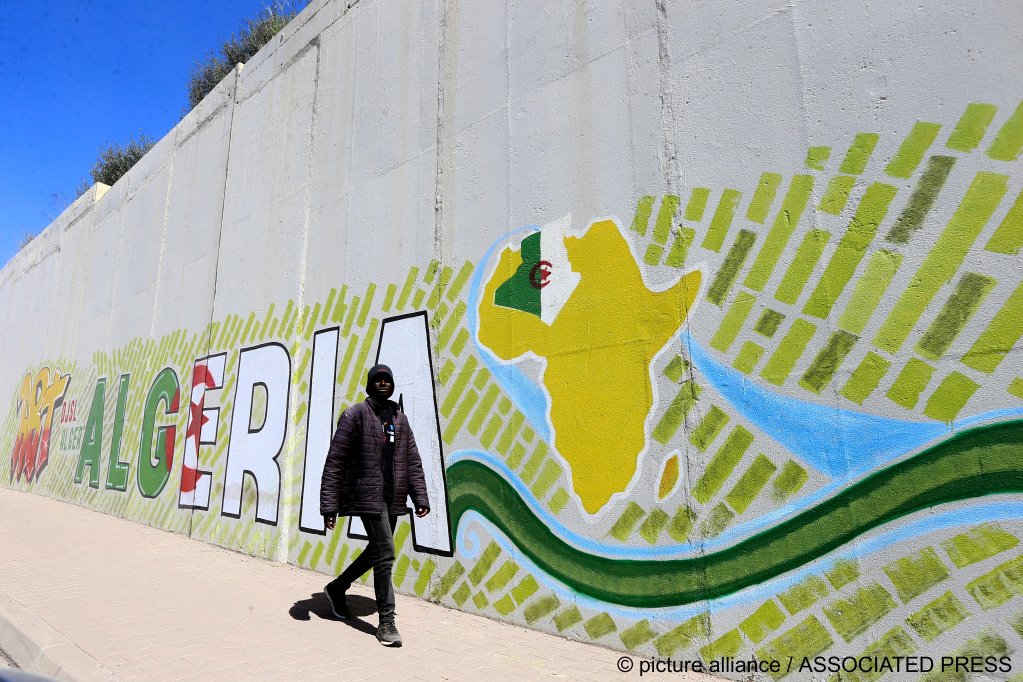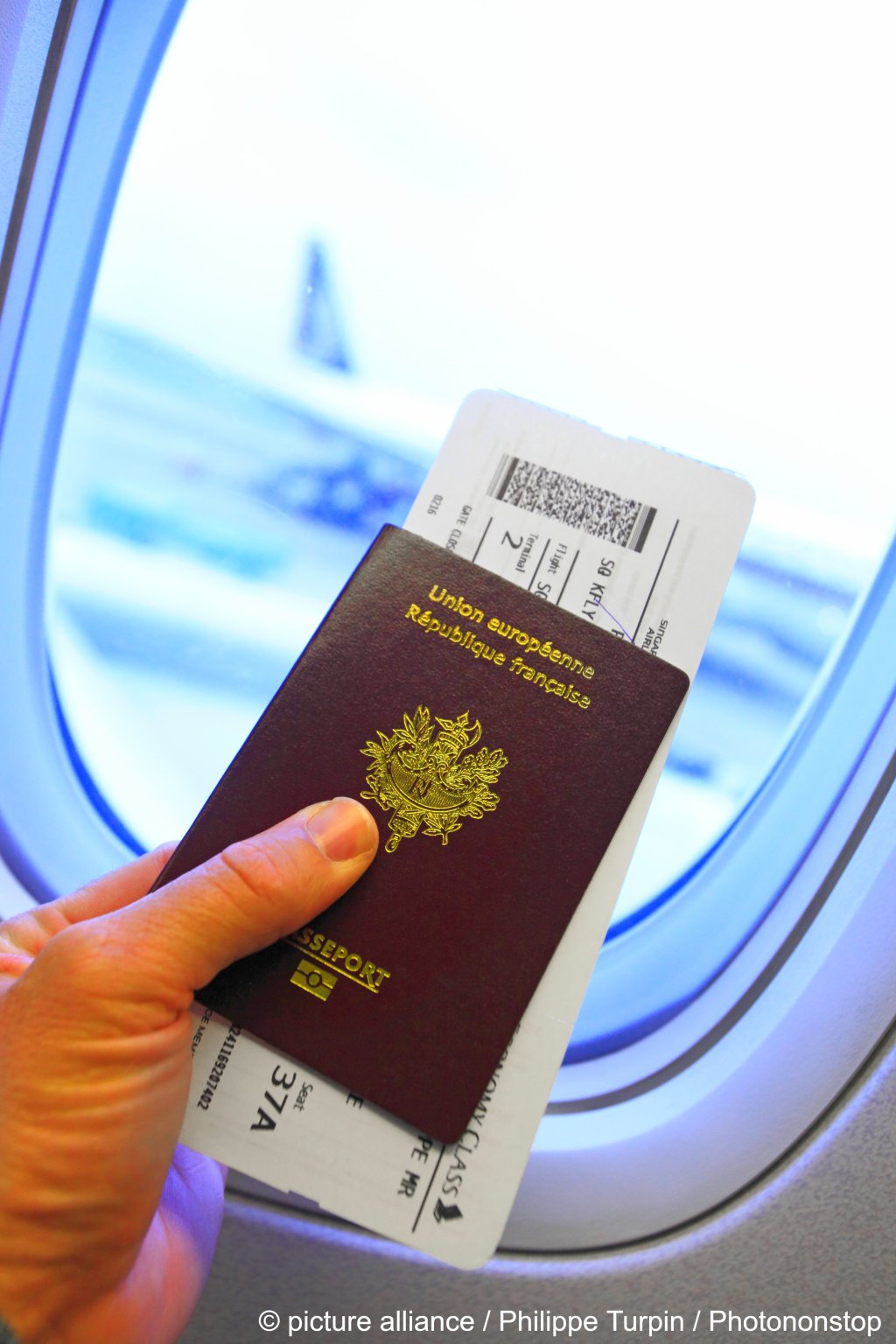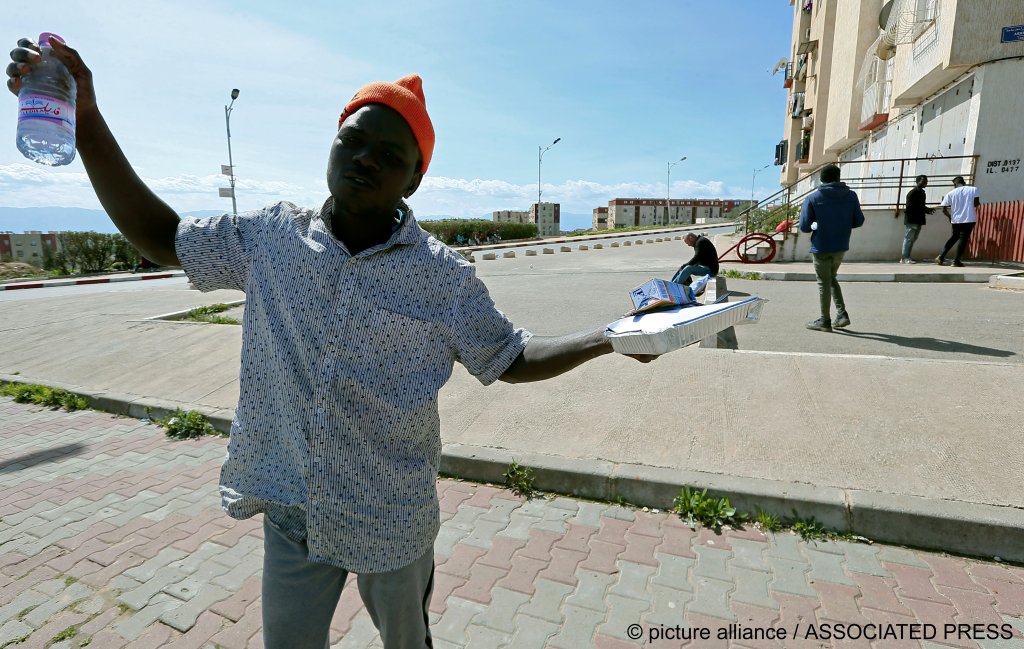Although one might assume that the process of applying for a visa to visit Europe is straightforward, travelers from some countries -- particularly on the African continent --face 'disproportionately' high rejection rates, a recent study found.
More people enter Europe and the UK legally, with visas that have been approved by government authorities, than not. But this process isn't always easy, a study published in April by the UK-based migration consultancy firm Henley and Partners found, especially for people from countries on the African continent,
Nabil Tabarout is one of them. The 29-year-old web developer from Algeria has applied for two visas to France to visit his sister. Both of his requests were rejected, AP reports. Tabarout is still optimistic he will make it to France, but said the process has been "arduous."
Algerians like Tabarout, and many others across Africa, appear to face disproportionate rejection rates, the Henley and Partners study suggests. Citizens of African countries can face rejection rates up to 10% higher than the global average, the researchers found.

The firm scored the power of passports around the world in its analysis. Researchers found that passports from the African Union scored 28% on the study's "passport index” -- significantly less than passports from residents of Italy, France, Britain, USA, Germany, Canada and Japan, which scored 85%. Passports from the European Union scored 84%.
Also read: Portugal ends legal pathway for undocumented migrants
Difficulty securing an appointment
There are multiple reasons why Africans looking to travel to Europe may have trouble getting a visa.
Appointments to apply for the visa can be difficult to secure. For some countries, applicants have to fly to a neighboring state in the region to lodge their application. For instance, applicants in Sierra Leone wanting to apply for a visa to Germany have to submit their applications via the German Embassy in Accra, Ghana.
This is because the German embassy in Sierra Leone "does not have a consular section," according to the embassy’s website.
Some Sierra Leonean applicants said they had to fly to Ghana several times to secure their application.
Also read: Germany, 'opportunity card' launched for skilled migrants
For many countries, applicants are also required to prove they have a certain amount of money in the bank to ensure they will be able to finance their stay in the bloc.
Tabarout told AP he has only obtained a French visa to visit his sister once, after submitting several applications. "That’s how it is. Every pleasure deserves pain," he said.
'Discriminatory behavior'
Henley and Partners called out Schengen Zone countries in the study, saying they were behaving discriminatorily. The firm urged these countries to reform their visa rules, reports AP.
In 2022, the study found, Algeria, Guinea and Nigeria all saw a visa rejection rate around 45%.
Compared to this, only one in 25 US applicants was rejected for the same types of visas to European Schengen member countries.
Also read: The new EU migration pact, questions answered
Over all, the study found that applicants from the world's poorest countries were rejected most often. Nationals from India and Turkey reportedly experienced fewer rejections than applicants from the majority of African countries.
Reasons 'could be political,' thinks study author
The reasons for the apparent "anti-Africa" bias could be "political," said study author Mehari Taddele Maru, a professor at the Migration Policy Center at the European University Institute.
Taddele Maru said that visa rejections, and acceptances, are often used as a political tool by European governments in negotiations they are having with third countries, especially when those negotiations center around the deportation of nationals who have entered Europe without the correct papers.

Deportation agreements between countries of arrival and countries of origin make the process of deporting people easier. Without these sorts of agreements, it can be difficult to deport a person who has been refused asylum.
Up until recently, North African governments refused to provide consular documents for their citizens facing deportation, making it harder for EU countries to deport them.
Taddele Maru says this has led indirectly to a higher refusal of visa applications from other citizens who are attempting to enter Europe by legal means.
Greater numbers of applicants from Algeria
Taddele Maru told AP that Algeria also has a higher rejection rate because there are more citizens from that country applying for visas to European countries, particularly to France, for geographic, economic and historical reasons.
French is often spoken in Algeria, Morocco and Tunisia because of the country's former colonies in the region.
Many in North Africa also often have family or occupational ties in other Mediterranean countries due to geographical proximity, so Italy and Spain also see a fairly high visa application rate from the region.

Due to its closer geographical proximity, flights from North African countries are also often cheaper than those from sub-Saharan African countries. This may also encourage more people to apply for a visa.
'Increasing barriers'
Taddele Maru also said that some European governments have pursued a deliberate policy of restricting the possibility of applying for visas.
"When we talk about increasing barriers for potential applicants, it’s not only the rate of rejections, it’s also the restrictions to apply," he said.
In Algeria, there can also be local challenges to filing a visa application. For years, many criticized the French authorities, saying a "visa mafia" dominated the application system in Algeria. To start the application process, one had to secure a time slot. But these slots were quickly reserved by third-party brokers and then resold to the public, AP reports.
Also read: EU tightens visa requirments for Ethiopians in readmissions quid pro quo
"They’re a bunch of swindlers who’ve been at it for years, making fortunes on the backs of poor citizens by making them pay dearly to make an appointment to apply for a visa," one man named Ali Challali, who helped his daughter submit an application for a French student visa, told AP.
Some people said that under the previous system, they would have to pay between 103 and 825 euros just to secure a time slot appointment.
Also read: Are UK migration policies having the desired deterrent effect?
In an attempt to quiet this criticism, France has employed the company VFS Global to run the application process for them.

According to a 2023 report from France’s Directorate General for Foreign Nationals, 78% of Algerian students hope to remain in France after studying there, saying there are few job opportunities for them back home.
Some turn to irregular routes after receiving visa rejections
Tunisia has been facing similar problems. A lack of jobs for the country's young population has set the sights of many, educated or not, on Europe.
Also read: Plan to help young Egyptians find EU jobs
This has pushed many to risk their lives at sea on the Mediterranean, some after being refused entry to Europe by legal routes.
With AP
